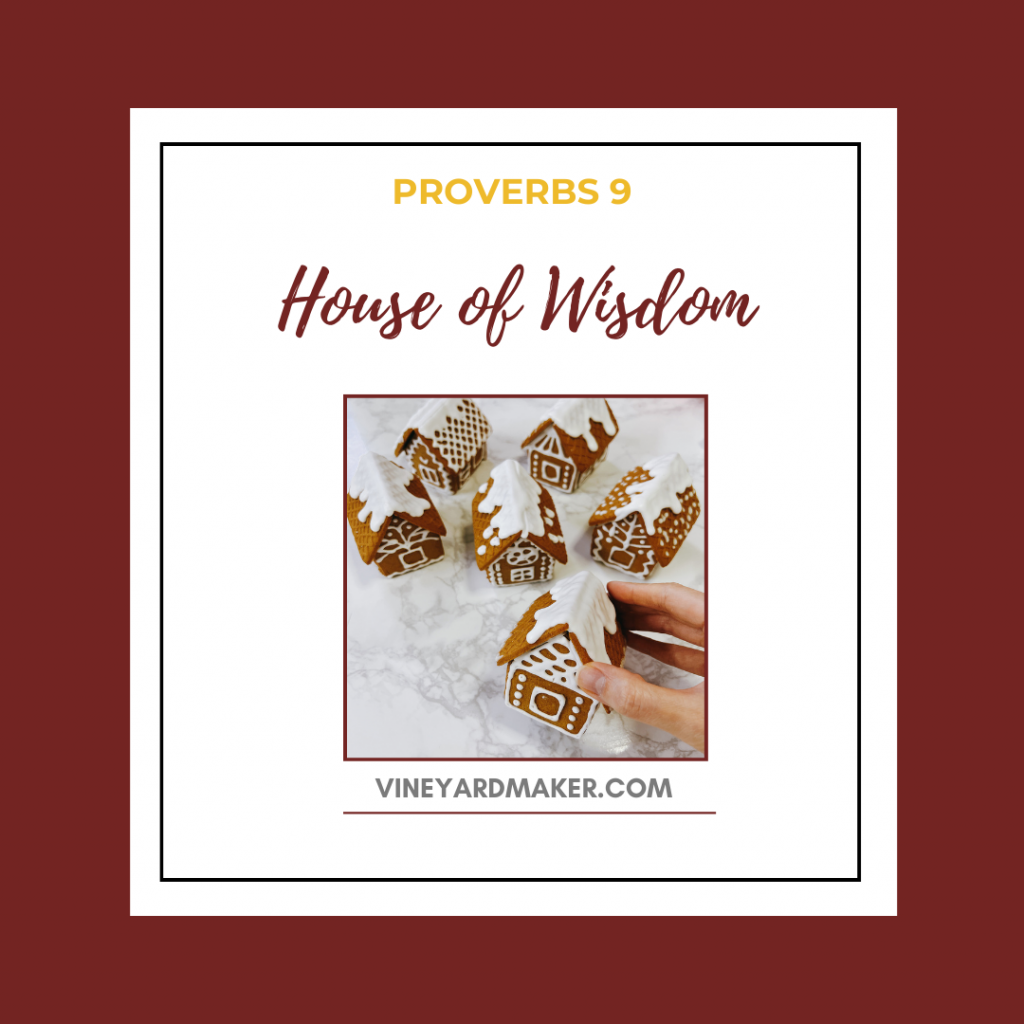
Proverbs 9 presents a vivid contrast between two voices: the call of Wisdom and the lure of Folly. Wisdom is depicted as a gracious host, preparing a feast and inviting all to partake, while Folly offers nothing but empty promises and stolen pleasures. This chapter is a poignant reminder of the choices we face daily and the spiritual consequences of those choices.
The House of Wisdom: Built to Last
“Wisdom has built her house; she has set up its seven pillars” (Proverbs 9:1). The imagery here is rich with meaning. A house built on seven pillars suggests perfection, stability, and divine completion. Wisdom’s house is a safe haven, constructed with care and designed to endure.
In the Christian life, this house represents God’s Kingdom—a place where truth and righteousness reign. Wisdom’s invitation is open to all, especially “those who lack judgment” (Proverbs 9:4). This is not an exclusive club for the spiritually elite but a banquet for those humble enough to recognize their need.
The Meal of Wisdom: Nourishment for the Soul
Wisdom’s invitation is not just to a physical feast but to a spiritual one. “Come, eat my food and drink the wine I have mixed” (Proverbs 9:5). The table is set with life-giving sustenance—a foreshadowing of the communion table where Christ offers His body and blood.
To accept Wisdom’s invitation is to align ourselves with God’s truth. It’s about choosing to feed on what is eternal rather than the fleeting pleasures of this world. It’s a daily decision to seek God’s guidance through prayer, Scripture, and the counsel of mature believers.
The Folly of Shortcut Spirituality
In stark contrast, Folly’s house is a place of shadows and deceit. She sits at the door, loudly offering shortcuts to satisfaction: “Stolen water is sweet, and food eaten in secret is delicious!” (Proverbs 9:17). But her guests find themselves in the depths of the grave (Proverbs 9:18).
Folly’s path may appear easier and more appealing, but it leads to destruction. Shortcut spirituality—relying on surface-level faith, ignoring accountability, or pursuing selfish desires—ultimately leaves us empty and far from God’s purpose for our lives.
Choosing the Path of Life
At its core, Proverbs 9 is a call to choose. Both Wisdom and Folly invite us daily. The choice is not always easy, but Scripture assures us that the fear of the Lord is the beginning of wisdom (Proverbs 9:10). To fear the Lord is not to cower in terror but to live in reverent awe of His holiness, love, and sovereignty.
As Christians, we are called to be discerning. Wisdom’s path may require humility, patience, and trust in God’s timing, but it leads to life. Folly’s path, though tempting, is a dead end. When we choose Wisdom, we not only build our own lives on a firm foundation but also become living invitations for others to join the feast.
Reflection Questions
- What areas of your life feel like they’re being built on Wisdom’s foundation? Where might you still be tempted by Folly’s shortcuts?
- How can you intentionally feed on Wisdom this week through Scripture, prayer, or community?
- What would it look like to extend Wisdom’s invitation to someone in your life?
Take time to sit with these questions and let God’s Spirit guide your reflection. The feast is ready; will you accept the invitation?
